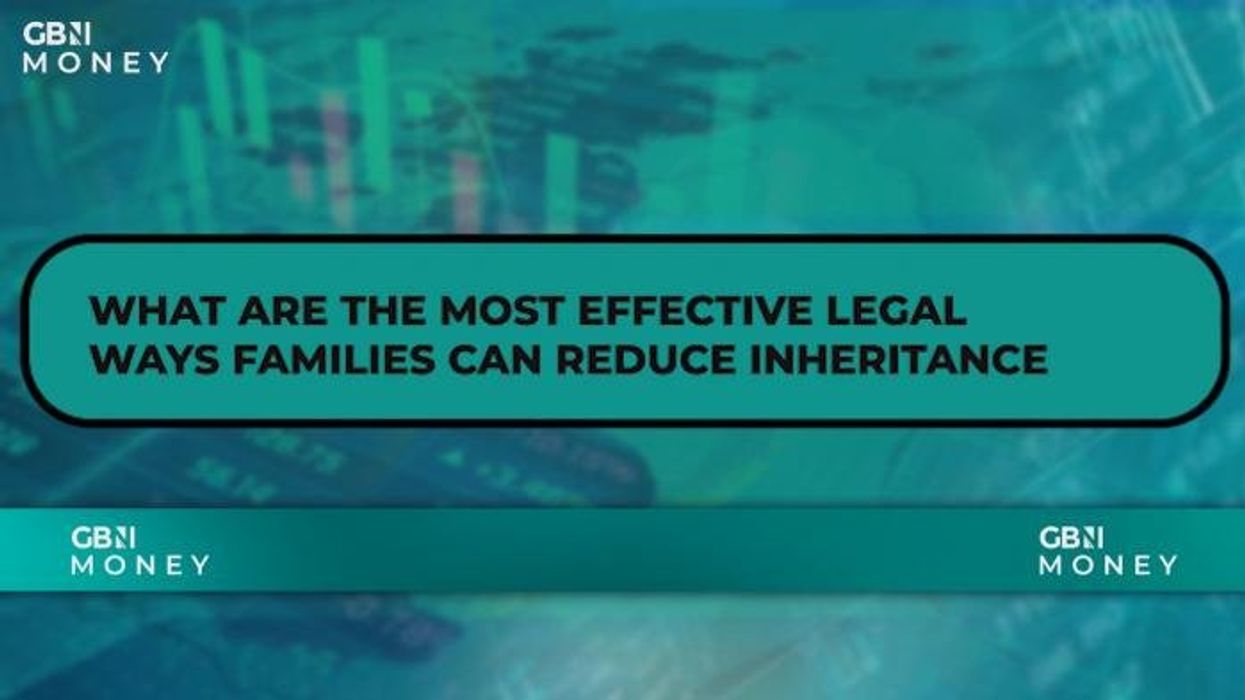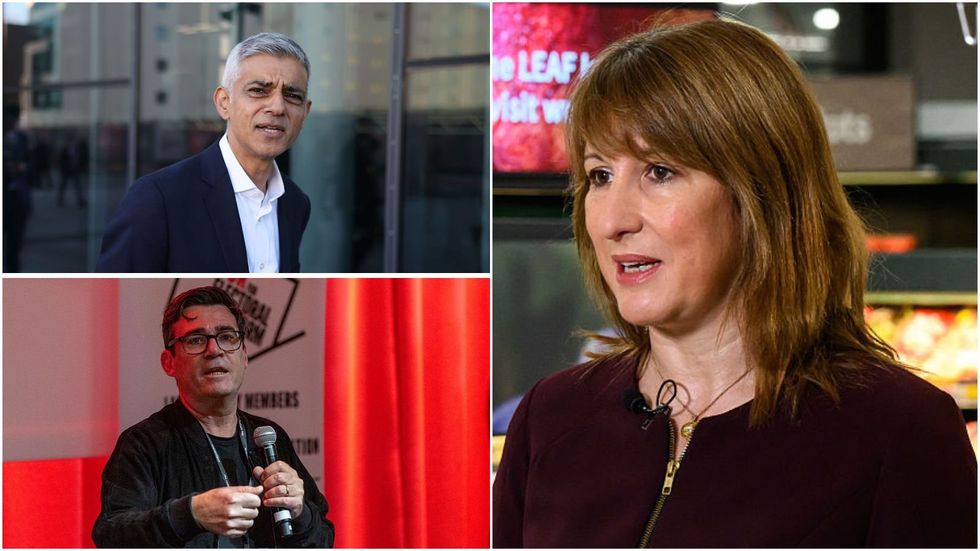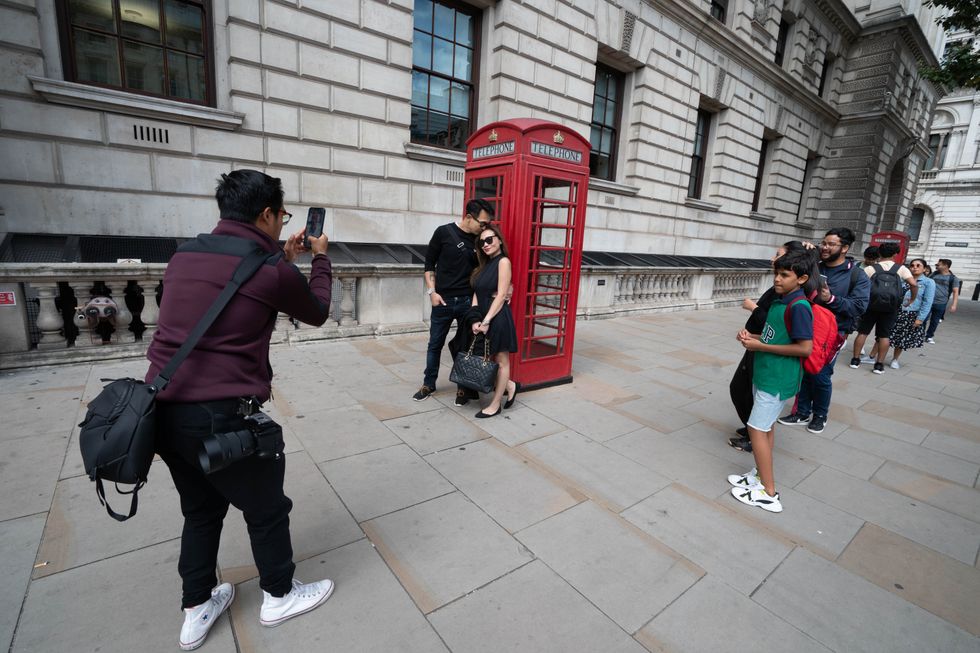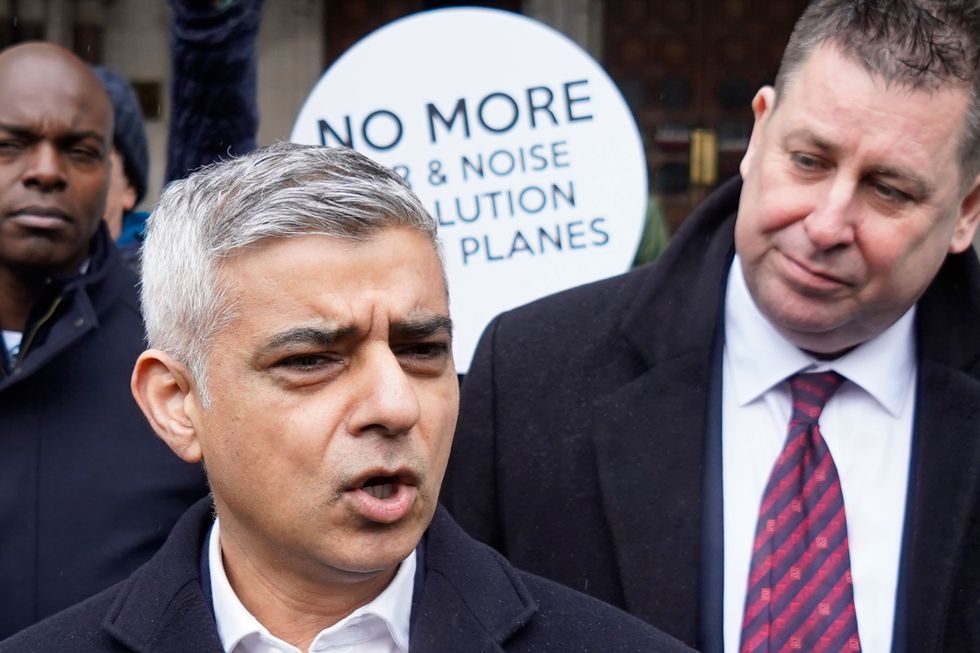'Tourist tax' powers for Sadiq Khan and Andy Burnham under Rachel Reeves's Budget reforms

GB NEWS

English mayors are expected to be granted new tax-raising powers in tomorrow's fiscal statement from the Chancellor
Don't Miss
Most Read
Sadiq Khan and Andy Burnham will pay able to charge a "tourist tax" thanks to new powers which will be awarded to them from Chancellor Rachel Reeves.
It is understood English cities will gain the power to charge visitors a compulsory nightly fee for accommodation, with the Government set to reveal the measure today before tomorrow's Budget.
Sources close to the matter indicate that London Mayor Sadiq Khan and other regional leaders will receive authority to introduce these mandatory levies on overnight stays.
The move represents a significant shift in local taxation powers, arriving as Government ministers prepare for tomorrow's anticipated fiscal statement.

The Chancellor is preparing to give English mayors 'tourist tax' powers
|GETTY
This development follows sustained efforts by Mr Khan to secure devolved tax-raising capabilities from the Treasury, coinciding with the progression of the English Devolution and Community Empowerment Bill through Westminster.
The proposed charge would amount to approximately £2 per night, according to an insider, covering both traditional hotels and short-term rental platforms like Airbnb. Consultation will determine the final rate structure.
If introduced, this represents a departure from existing arrangements in English cities, where any charges are voluntary business initiatives rather than obligatory local government taxes.
Notably, the mandatory nature of the proposed "tourist tax" distinguishes it from current schemes which are the already the norm in other parts of the UK,

Figures claim there were over 89 million overnight stays in London last year
| PAScotland and Wales have already begun implementing visitor levies in various locations.
Numerous major destinations across Europe and America have long-established tourist taxes, making such charges commonplace internationally.
The hospitality industry has voiced strong objections to the planned levy, warning it could deter British tourists from taking domestic city breaks by imposing additional costs.
Trade organisations representing hotels and accommodation providers have argued against the measure.
Mr Khan's campaign to obtain these fiscal powers has intensified in recent weeks as the devolution legislation advances through Parliament.
The mayor has been pressing Treasury officials to grant local authorities greater autonomy over revenue generation.
This push for devolved taxation represents part of broader efforts by regional leaders to secure more financial independence from central government control.
Research from the Centre for Cities think tank suggests the levy would have negligible effects on visitor numbers, despite industry concerns.

Sadiq Khan has lobbied for more tax powers
| GETTYLatest figures suggest the capital recorded 89 million overnight stays in 2024, demonstrating robust tourism demand.
"A tourist levy would benefit the capital's tourist economy, provided the revenues go to local Government ideally split between City Hall and the boroughs and are not ring-fenced by central government for specific purposes," said Andrew Carter, chief executive of Centre for Cities.
The organisation's analysis indicates that such charges, common in global tourist destinations, rarely discourage travellers significantly.
GB News has contacted the Treasury for comment.










